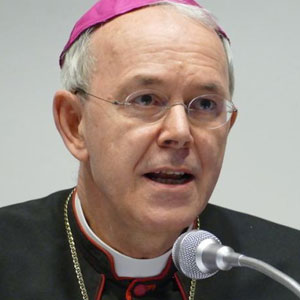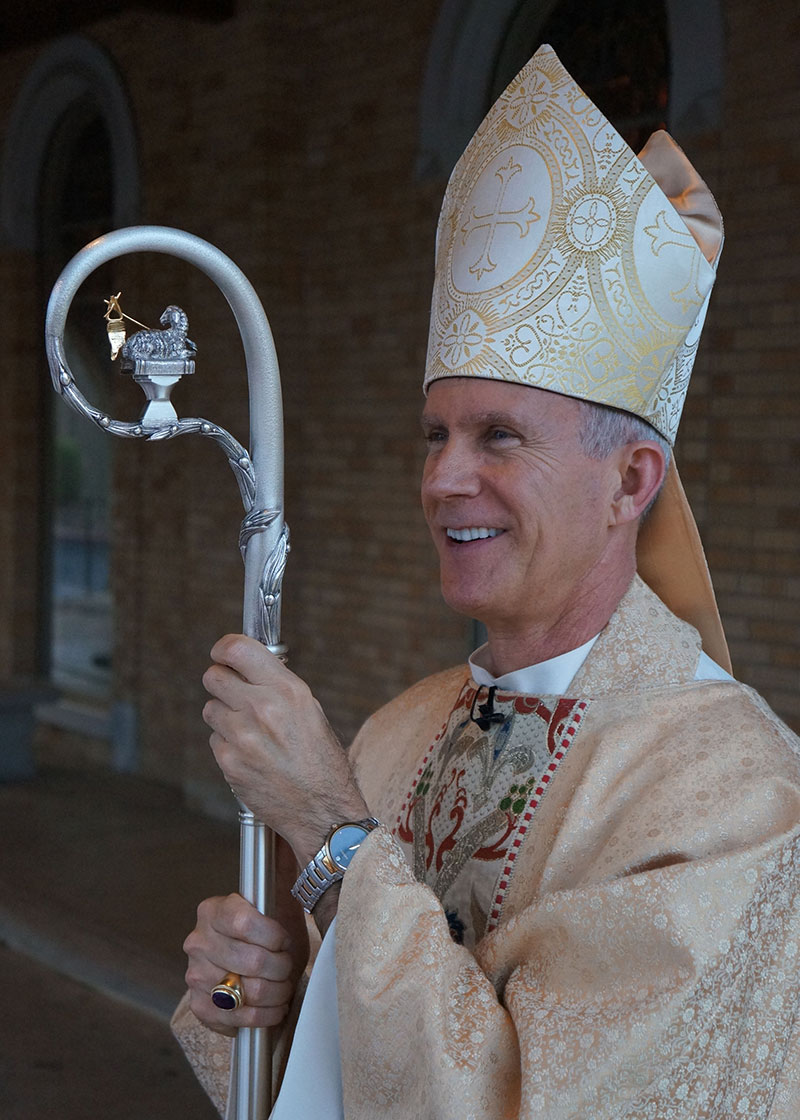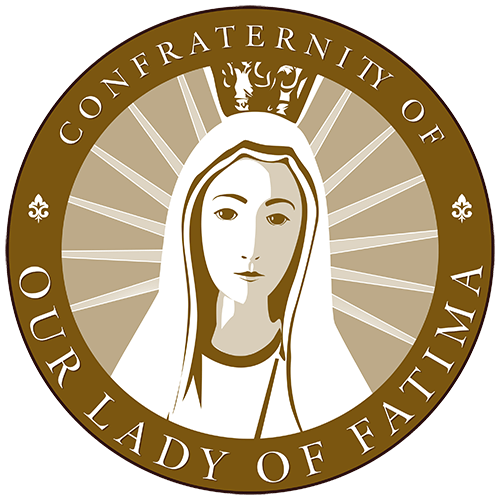Pope Benedict XVI reiterated the following principle, perennially valid in the life of the Church since apostolic times: “In the history of the Liturgy there is growth and progress, but no rupture” (Letter to the bishops on the occasion of the publication of the Apostolic Letter “motu proprio data” Summorum Pontificum, 7 July 2007).
The theory expressed by Pope Paul VI in the motu proprio Ministeria Quaedam (August 15, 1972) and then disseminated in the life and practice of the Church and juridically sanctioned by Pope Francis with the motu proprio Spiritus Domini (January 10, 2021) which says the minor liturgical services (which do not require sacramental ordination) are a particular form of the exercise of the common priesthood, is alien to the 2,000-year tradition of the universal Church, both in the East and in the West. This idea represents a novelty that comes close to the liturgical views of Protestant communities. Further, it also manifests a yielding to the demands of the feminism movement in the life of the Church, since it positions women within the presbytery by dressing them in clerical robes such as the alb, the common vestment of clerics of different degrees (bishop, presbyter, deacon).
If minor liturgical services were a peculiar form of exercising the baptismal priesthood, the Apostles and the subsequent constant and universal tradition of the Church would also have admitted women to liturgical services in the presbytery or at the altar. The tradition, however, of not admitting women to the altar dates back to apostolic times (cf. 1 Co 14:34) and has always been maintained in the tradition of the Church both in the East and in the West (cf. Synod of Laodicea [fourth century], can. 44).
At the end of the fifth century Pope Gelasius I reiterated the apostolic tradition of not admitting women to the liturgical service at the altar: “With impatience, we have heard that divine things have undergone such contempt that women are encouraged to serve at the sacred altars, and that all tasks entrusted to the service of men are performed by a sex for which these [tasks] are not appropriate” (Mansi VIII, 44). In the Capitula Martini, a sixth century Gallic collection of canons which originates from both Greek and Western sources, the same apostolic tradition is again recalled in these terms: “Women are not permitted to enter the sanctuary” (can. 42).



